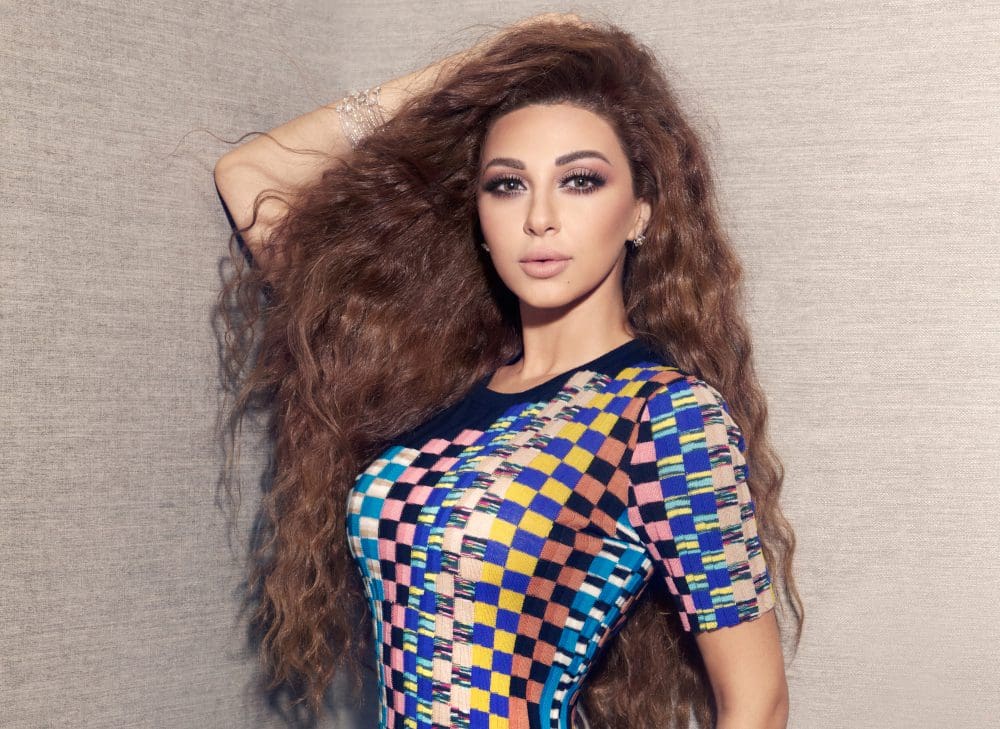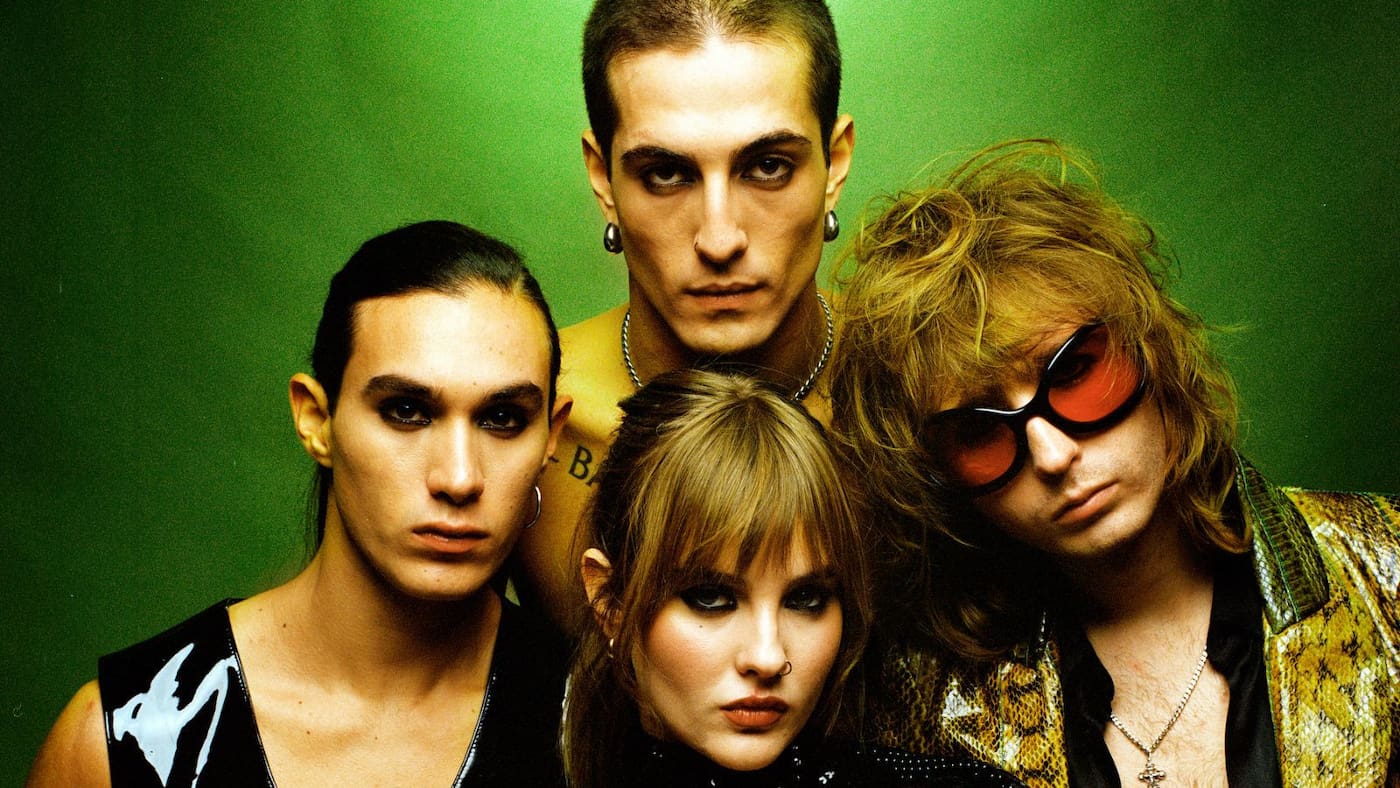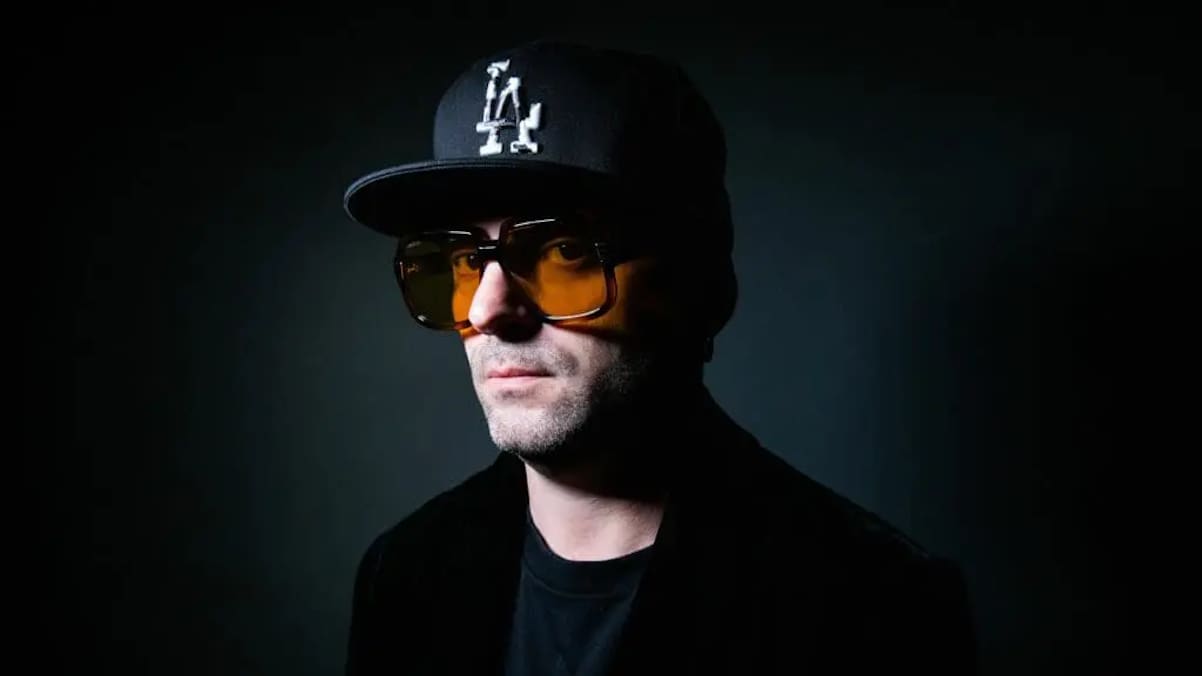Who Is Myriam Fares, Singing with Maluma and Nicki Minaj on the FIFA World Cup Anthem
“Tukoh Taka” is out today. Less globally known if compared to the other two artists, the Lebanese singer is actually one of the big names of Arab pop

Myriam Fares (source: press office)
We are just two days away from the start of the FIFA World Cup 2022 in Qatar. As per tradition, the tournament is matched with the release of its official anthem. This year, it is Tukoh Taka, where we find global superstars such as Nicki Minaj and Maluma besides an artist whose name is not universally known, at least in the Western world: Myriam Fares.
About Myriam Fares
The Lebanese artist has been protagonist of an unprecedented success for the Arab world: her song Goumi was featured in over 6.4 million videos – amassing 8.4 billion views overall – only on TikTok, according to the platform.
Originally released in 2018, this year the single saw a second life when the singer decided to relaunch it for a dance challenge on Instagram (ironically enough, she did not have a TikTok account). To her own surprise, she quickly became a viral phenomenon, also crossing the borders of the Arab world.
But do not consider Myriam Fares a one-hit-wonder of social media: with her twenty-year career and even a biographical documentary available on Netflix, Myriam Fares is already among the big names of Arab pop. Now, with the success of Goumi and her presence on Tukoh Taka, it is time for her to level up globally.
Will Arab pop capable of following the footprints of Latin pop and K-pop? Will Myriam Fares be at the forefront of the movement? We reached out to her recently: here is the full interview.
QUI LA VERSIONE ITALIANA
The interview with Myriam Fares
Goumi was originally released years ago: how did all the TikTok hype happen? When did you realize it was becoming a global hit?
Since I am someone who has a studio in their house, I always try to renew my songs. So, as I was remixing and speeding it up as a new version in my studio for one of my concerts, I really liked it and spontaneously decided to do a dance challenge to it. However, I had no idea that this challenge, specifically, would help the song hit globally and spread worldwide in a very fast and unimaginable pace.
What new professional opportunities did the success of Goumi offer you?
After the challenge went viral and achieved this widespread success on TikTok with 8.4 billion views, even though, I do not even have an account on TikTok and uploaded the challenge on Instagram. Not taking into consideration the views on Instagram, Facebook, twitter, and shorts on YouTube. It let the big music production companies to knock on my door and ask for collaborations. Also, some of the biggest artists around the world have the will to duet with me and I must pick the best offer to proceed.
The success of genres such as Latin pop and K-pop demonstrated that the global mainstream scene is not necessarily centred around the UK and the USA anymore. What potential do you see for Arab pop music outside Arabic-speaking countries? Is the language a barrier or an opportunity?
Personally, since I was a little girl, I believed that music is an international language that has no limits and we do not have to understand the language to love and connect with a song. Since it is not about language, it is about the openness of the west embracing the culture of the East and I feel like because social media is more open nowadays, the Westerners are more welcoming in this sense because they, now, have a glimpse of the eastern culture and our music, and this helps the Arabic songs to spread around the globe.
So, yes, I believe it is an opportunity and I hope that after Goumi there will be more of our songs that will spread just as broadly because Arabic songs have melodies and rhythms that are very beautiful and deserve to be outspread.

Which countries are your main markets?
I never had a specific target when it comes to markets or countries. I only think about what I love. The type of art that I do is not limited to the Lebanese culture only, but I also like to diversify. I am the only artist in the MENA region that sings all the Arabic accents and musical patterns: Lebanese, Egyptian, Iraqi, Moroccan, Berber, Gulf Arabic, Kurdish…
My target is to fuse the Arabic civilizations together, as well as join foreign civilizations with the Arab ones. And even renew old cultures into new versions, such as, the song Aman. It isn’t a song but an Andalusian heritage that was created more than a hundred years ago. We don’t even know who the rightful owner of it is. I took it and made into a house beat to teach the new generation the roots of the eastern art in a way that they will accept it.
As a whole, the MENA region is a market of hundreds of millions of people. But it’s less structured than – let’s say – the European one: what possibilities of growth do you see for music there?
I believe that like the Latin songs took a lot of time to deeply spread in the world, Arab songs will also spread the same way. I hope that Goumi is the key to the Arabic songs spreading globally. I believe that it will happen, since social media now is way more open to everybody.
Has the socio-economic situation in Lebanon during the last three years affected your work somehow?
Of course, everything that is happening to my beautiful country has affected my work. At the end of the day, I am an artist and I must be in a healthy environment that will help me be creativity. What has been happening to my country affects me negatively and let me postpone a lot of my songs for a long period of time.
Nevertheless, I am not only a Lebanese artist but also an Arab artist. I have to be strong so that I can present the best picture of my country for all the people and foreign media. Especially since the picture that people are seeing of Lebanon now is not so pleasant. So, if we could exceed our boarders then we should show the world the real, true, and charming side. It is what I was trying to do.
From Fayrouz on, a lot of artists coming from Lebanon have become stars in the whole Middle East. From this point of view, what are an advantage and a disadvantage of being Lebanese?
The advantage of being Lebanese is if you travel around the whole world, you will not find a country that holds onto their culture and heritage as well as their attachment to their homeland. This is something that you can’t find a lot in other countries.
However, the disadvantage I might have is that I have many people in Lebanon and the Arab region who fight against me because I am the only female performer in the Arab region. Since Fairuz, people are used to an artist being a singer only on stage with their backing band. But I am from the new generation that decided to sing and dance on stage. In the Arab region, dancing for girls is still something that is not so loved, especially as soon as I started performing. It is easier now because this generation is more open than the generation where I started singing. In my old days I had many people fighting against my art, yet I still face this today.









